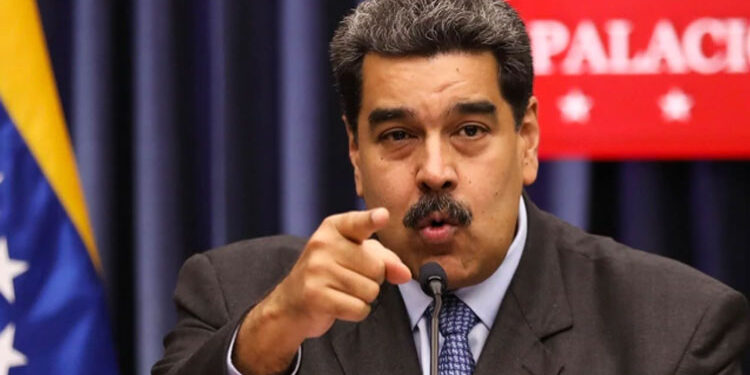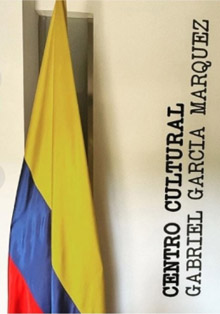Eduardo González
Acting Foreign Minister José Manuel Albares proposed yesterday before his EU counterparts the revision of European sanctions on Venezuela “in line with recent US decisions in that regard” and taking into account the recent agreement between the opposition and Nicolás Maduro’s regime for the holding of presidential elections in 2024.
“At my own request, I have intervened before my colleagues to raise with them to study the review of EU sanctions on Venezuela in line with recent US decisions in that regard, and in view of the positive evolution of the dialogue between Venezuelans,” Albares said at the press conference following the meeting of the EU Foreign Affairs Council (FAC), held in Luxembourg.
“The High Representative (Josep Borrell) has agreed with my request and has advanced that he will bring that review study to an upcoming Foreign Affairs Council,” he added. European sanctions on Caracas will be automatically renewed next November 14, unless there is a decision to the contrary at the next FAC, which will take place precisely one day earlier, on November 13.
Last week, the United States announced the lifting for six months of the sanctions on Venezuelan oil and gas after the Government of Maduro and the opposition United Platform reached an agreement in Barbados to hold presidential elections in the second half of 2024 and with the presence of international observers.
Last October 17, Josep Borrell, the US Secretary of State, Antony J. Blinken; the Minister of Foreign Affairs of Canada, Mélanie Joly; and the Secretary of State for Foreign Affairs of the United Kingdom, James Cleverly, published a joint communiqué in which they celebrated the political agreement of Barbados, which “represents a necessary step in the continuation of an inclusive dialogue process and the restoration of democracy in Venezuela”, and defended “a peaceful negotiated outcome leading to fair and competitive elections and a return to economic stability and security”.
They also called for “the unconditional release of all persons unjustly detained, the independence of the electoral process and judicial institutions, freedom of expression, including for members of the press, and respect for human and political rights” and pledged to work with “international partners” to address “the urgent needs of all Venezuelans inside and outside their country and to alleviate the humanitarian crisis.” “We thank Barbados for hosting the negotiations and Norway for its leadership in facilitating the negotiations,” the text concluded.
Last July, the European Union offered Venezuela the possibility of lifting sanctions if democratic, inclusive and fair presidential elections are held in 2024. The European sanctions on Venezuela were first adopted in 2016 and involve for those sanctioned, including Vice President Delcy Rodríguez, a ban on entry into the EU and the freezing of their goods and assets in Europe.







